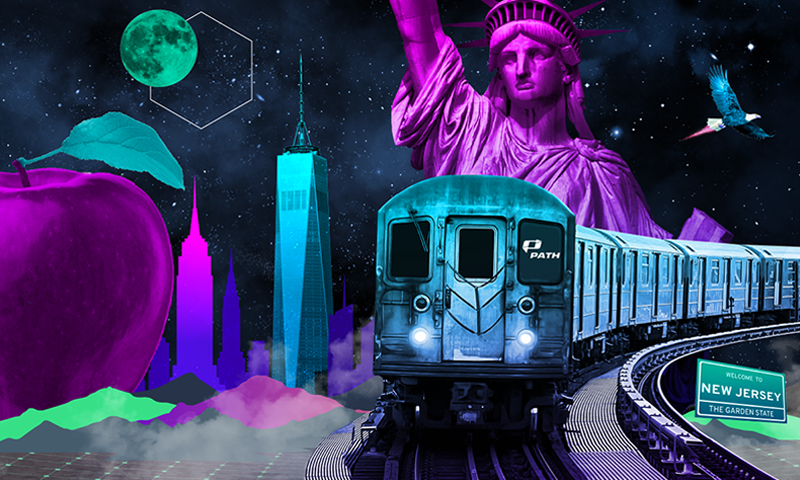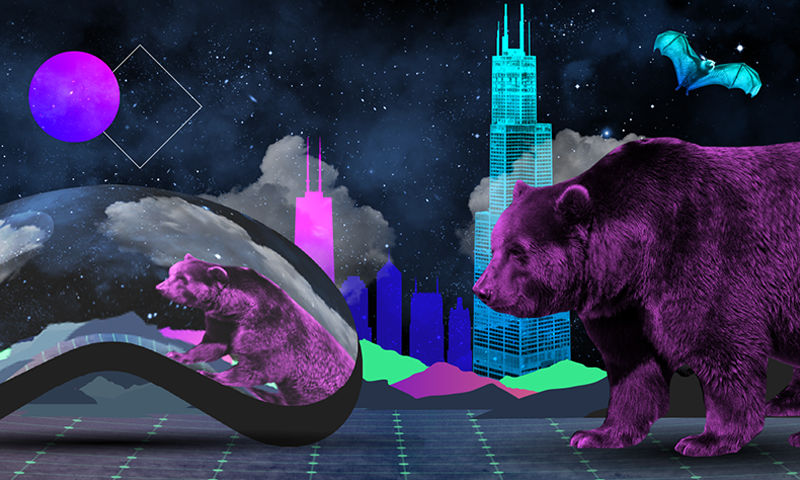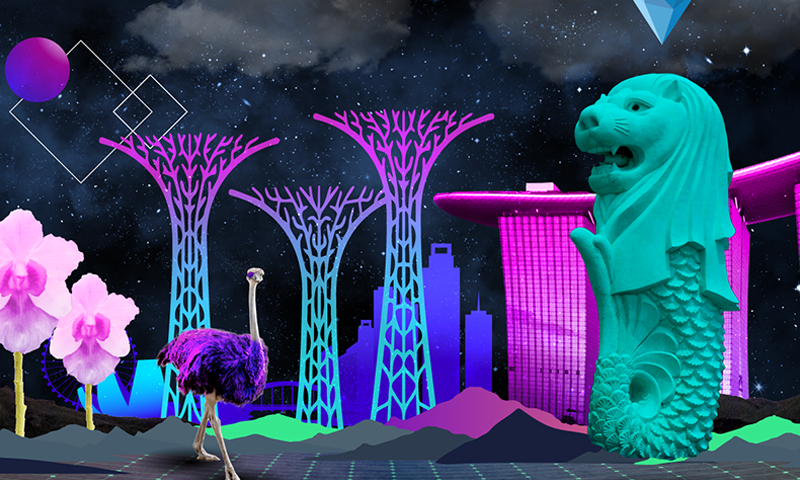
DevOps World 2023: A Global Journey Through the Future of DevOps
Uniting Passionate DevOps Enthusiasts for a Unique Exchange of Ideas and Innovations
The 2023 DevOps World Tour was an enlightening journey across major cities such as New York, Chicago, Singapore and London. It offered a mix of in-depth sessions, hands-on workshops, a unique blend of knowledge exchange, networking and innovation, leaving attendees enlightened and inspired.
Embarking on a Global DevOps Journey
Program Highlights
Insights from DevOps Leaders
We were privileged to receive practical advice, tips, and updates on the latest trends in DevOps technologies and solutions from leading experts.
New Horizons Explored
A platform for gaining fresh perspectives, pushing personal boundaries, and discovering new inspirations.
Global Reach of the DevOps World TOUR
The DevOps World TOUR made its mark in numerous cities across the US, UK, and Asia. We're grateful for the diverse experiences and insights gathered from each location.
Step into the Future at DevOps World 2023
Speakers
Attendees seized the chance to absorb knowledge from leading industry
professionals, acquire distinctive insights, and draw inspiration from our
extraordinary ensemble of speakers!
Attendees
We were joined globally by over 900 attendees, creating a unique mix of
knowledge sharing, networking, and innovation.
Global Locations
After making stops in New York, Chicago, Silicon Valley, Singapore, and
London in 2023, where will the DevOps World tour head to in 2024?
Speaker Highlights

Shawn
Ahmed
Chief Product Officer, CloudBees

Tracy
Bannon
Software Architect and Digital Transformation Advisor, The MITRE Corporation

Bill
Bensing
Author and Governance Engineering Evangelist

Lesley
Cordero
Staff Software Engineer, New York Times

Patrick
Debois
VP Engineering, Showpad

Mirco
Hering
Global DevOps Lead, Accenture
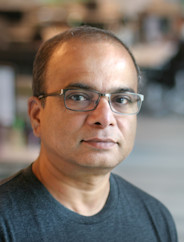
Tapabrata
Pal
Vice President, Architecture, Fidelity Investments
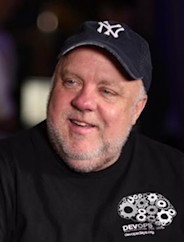
John
Willis
Founder Botchagalupe Technologies and Co-Author Investments Unlimited
FAQs
Get answers to your questions
What is DevOps World?
DevOps World is a premier event that brings together visionaries, practitioners, and innovators from the DevOps community around the globe. It's a platform where inspiring talks, compelling use cases, and expert-led sessions provide attendees with the tools and insights they need to drive digital transformation and deliver exceptional customer experiences.
Who should attend DevOps World?
DevOps World is a must-attend event for anyone dedicated to shaping the future of modern software delivery. Whether you’re an experienced DevOps practitioner, a visionary thought leader, or just starting your journey, DevOps World has something for everyone.
DevOps Engineers, Architects, SREs, System Administrators, Developers, CIOs/CISOs/CTOs, IT Managers and anyone passionate about DevOps and its evolving landscape.
Where is DevOps World 2024?
Stay tuned for more updates, Sign up
What sponsorships are available?
Sign up to get on our mailing list and be notified when we release sponsorship packages.
How can I present at DevOps World?
Sign up to get on our mailing list and be notified about the CFP.

Privacy | Site Terms | © 2024 DevOps World or its affiliates. All rights reserved.
